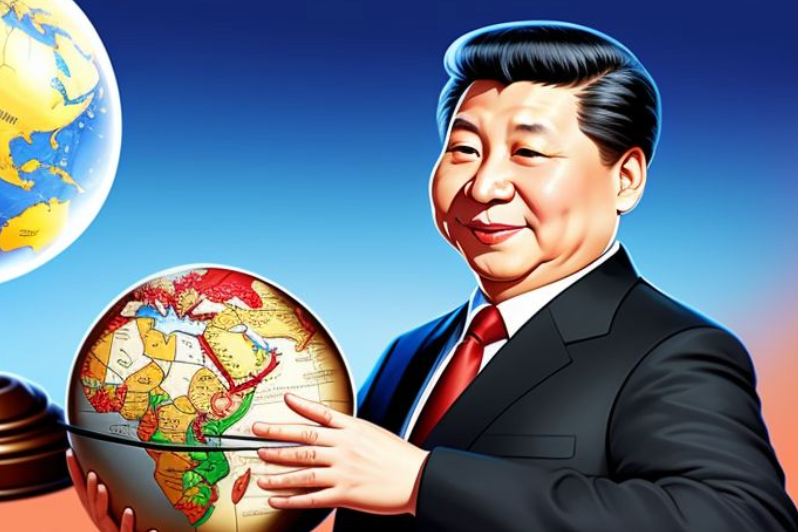$SNP $600028.SS
#China #Economy #CoalIndustry #OilRefining #Sinopec #ElectricVehicles #TradeWar #Commodities #EnergySector #Overcapacity #WeakDemand #IndustrialEarnings
The ongoing struggles faced by Chinese coal producers and oil refiners are emblematic of broader challenges within the country’s industrial sector. As the world’s second-largest economy contends with a complex confluence of factors, the impacts are particularly pronounced in the coal and oil refining industries. These sectors are experiencing weaker profits as they grapple with an oversupply of coal and refined products against a backdrop of diminishing demand. This situation is largely attributable to a combination of internal and external pressures, including evolving industry dynamics and simmering geopolitical tensions.
The U.S.-China trade war looms large over this scenario, threatening to exacerbate existing difficulties by further reducing demand for key commodities such as coal, steel, and oil. This potential decrease in demand comes at a time when both countries are major players in the global market for these resources, meaning that fluctuations in their bilateral trade relations can have far-reaching consequences. The trade war’s impact on commodity demand underscores the fragility of the sector’s profitability and the global interconnectedness of trade and industrial production.
Amidst this challenging environment, Sinopec, officially known as China Petroleum & Chemical Corporation, stands out due to its significant role in the Asian market. As the largest refiner in China and Asia by capacity, Sinopec’s financial performance is often viewed as a barometer for the broader sector’s health. The company’s reported 17% drop in earnings for the year 2024, relative to the previous year, highlights the acute challenges faced by the industry. Factors such as declining oil prices and the increasing penetration of electric vehicles are reshaping demand dynamics for refined petroleum products, further contributing to the pressure on refiners.
The broader implications of these sectoral struggles are multifaceted. For one, they signal potential shifts in global energy markets, with possible increases in the adoption of alternative energy sources like electric vehicles influencing long-term demand for fossil fuels. Additionally, the ongoing U.S.-China trade war and its impact on commodity demand may incentivize both countries to explore new strategies for economic resilience and sector stabilization. As industries and governments navigate these complex challenges, the experiences of Chinese coal producers and oil refiners may offer valuable insights into the changing landscape of global industrial production and energy consumption.






Comments are closed.